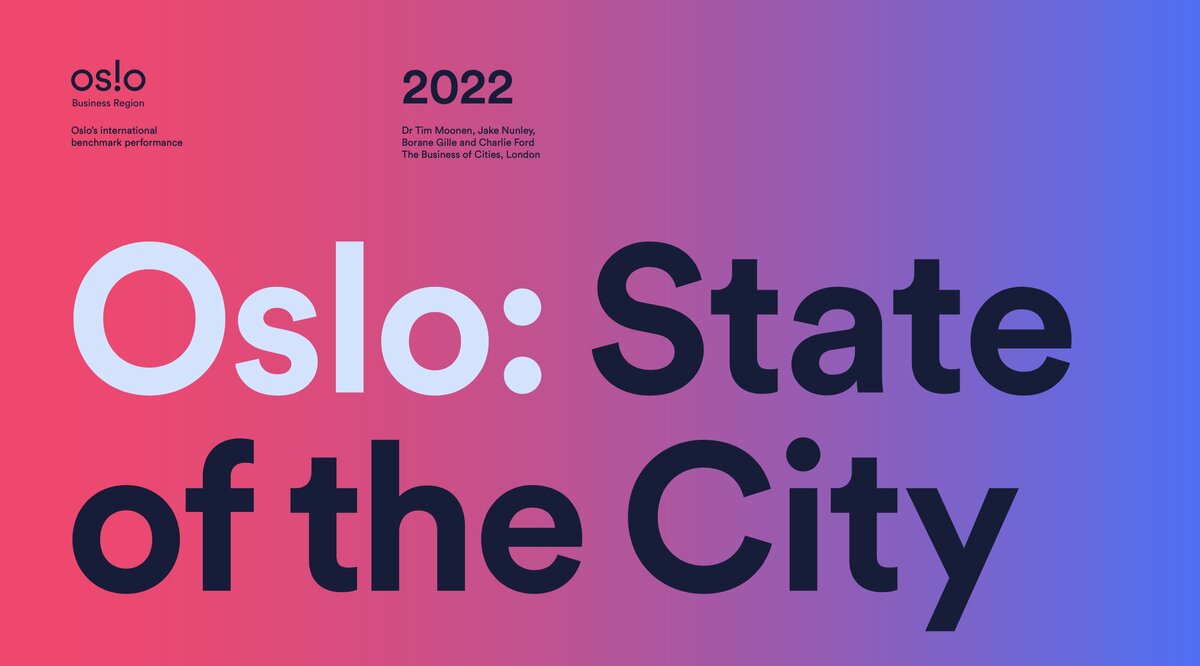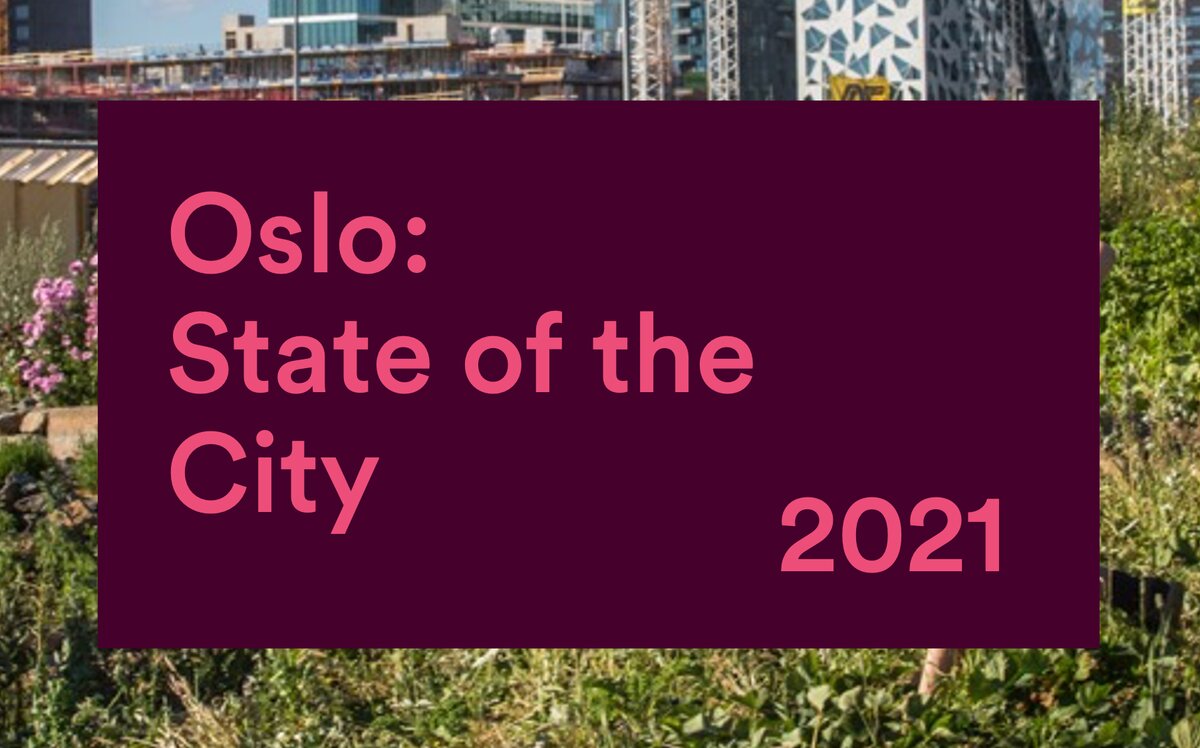What is the state of Oslo as a startup city?
The last 10 years, Oslo has increased its relevance and visibility in the global startup scene. The recently launched “Oslo: State of the City" benchmarks Oslo's startup infrastructure, talent attraction, R&D and risk capital.
Not just another report
A fact about “Oslo: State of the City" is that it is a unique report (said everyone but yes really). The benchmark includes data from over 750 global indexes and rankings, collected and analyzed by the London based urban intelligence firm, The Business of Cities. The annual 'outside-in' review provides us with insight on how the world sees Oslo, and highlights our strengths and weaknesses.
This last year, Oslo has climbed in visibility from the 48th to the 33rd place. And how has Oslo developed as a startup city? The Oslo-based scaleup, Attensi, just raised 220 mnok ($26 Million). Let's hear what Anne Lise Waal, the Co-CEO and CTO of Attensi, thinks of our capital.
“ Oslo is the 25th most trusted amongst 75 startup cities. ”
Key findings on startup and innovation
Oslo: State of the City provides a full review of Oslo’s comparative performance since the pandemic hit Europe in February 2020. It assesses whether Oslo’s international visibility in these comparative studies is improving, declining or stable. Here are some of the numbers and facts on business, startup and innovation from the report :
- As the region continues to diversify, it is more often recognised as a leader globally in sectors ranging from EVs and green finance, to software engineering and disruptive technologies, and from cleantech to fintech.
- Actually Oslo has an emerging fintech ecosystem: In 2020, Oslo gained enough assessments among global fintech experts to be included in the major study of promising fintech clusters. Oslo has the 8th most highly regarded fintech ecosystem among all featured smaller regions.
- Oslo ranks 10th globally for the depth and quality of its green finance tools.
- Oslo Oslo’s ecosystem has great promise, but needs a consistent track record of scaling companies
- And Oslo remains outside the top 100 startup cities in the world.
- Oslo is ranked as the 8th best city in Europe for remote work jobs.
- Less visible track record of commercialising research: Oslo was not recognised in a global study of the top 115 innovation clusters for scientific publications and patent applications
- Favourable post-Covid investment environment: Oslo’s investment market ranks as the 8th most resilient in Europe.
The benchmark will take you about 60 minutes to read from A to Å. You can easily skip between the chapters to find what is relevant for you.
Why does State of the City matter for Oslo after Covid-19?
- To keep in mind the big picture and the long-term journey
- To figure out what the post pandemic city needs to offer to be attractive and competitive
- To see where Oslo stands out from the crowd, and if it is changing.
- To reveal the depth of European and global competition
- To see if the brand is catching up with the product
- To spot new drivers of perceptions among talent and companies and citizens
“ I believe Oslo with its Nordic model of cooperation and equal opportunities is well positioned to attract global talent and investments. ”
About Oslo: State of the City
- The benchmark is systematically put together by The Business of Cities, which is a London based urban intelligence firm, and lead from Dr. Tim Moonen (Managing Director), Jake Hunley (Head of Research) and Maria Lawrence (Associate).
- It is now six years since the Oslo region launched its brand strategy and Oslo State of the City is how we measure how we are doing.
- The report is owned by Oslo Business Region.
- The design and digital outlay is made by Metric.
- The special chapter is made by support from the Oslo Region Alliance.
- Thank you to Anne Lise Waal from Attensi and Morten King-Grubert from Future Place Leadership who addressed the report in two videos.




